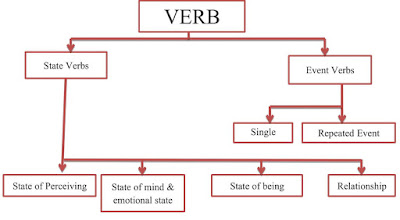SYNTAX: SUBJECT-VERB AGREEMENT in ENGLISH

SYNTAX: SUBJECT-VERB AGREEMENT in ENGLISH What is Syntax? The syntax is the rule of placing the Verbs in agreement with the Subject in Number and Person. General rules: ‘Be’ Verb: Different forms for Subjects in Persons and Numbers: 1 st Person---------I am, we are, I was, and we were 2 nd Person ------You are, you are, you were, and you were 3 rd Person-------He/ She is, they are, He /She was, and they w...

